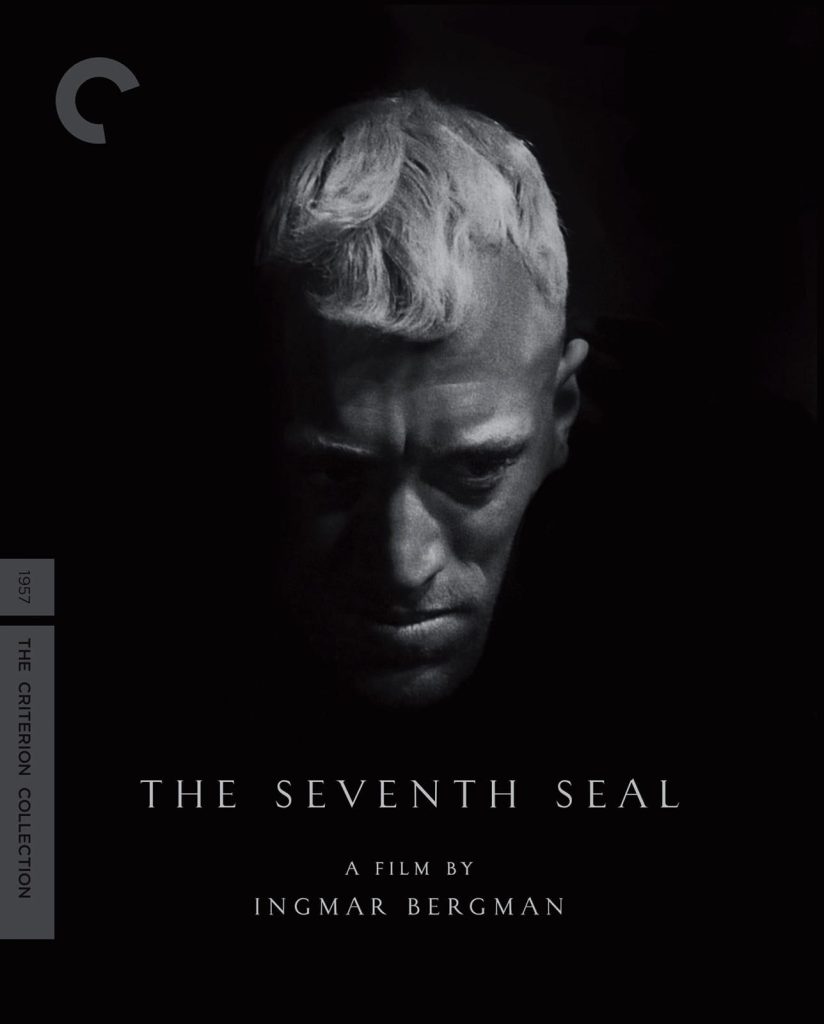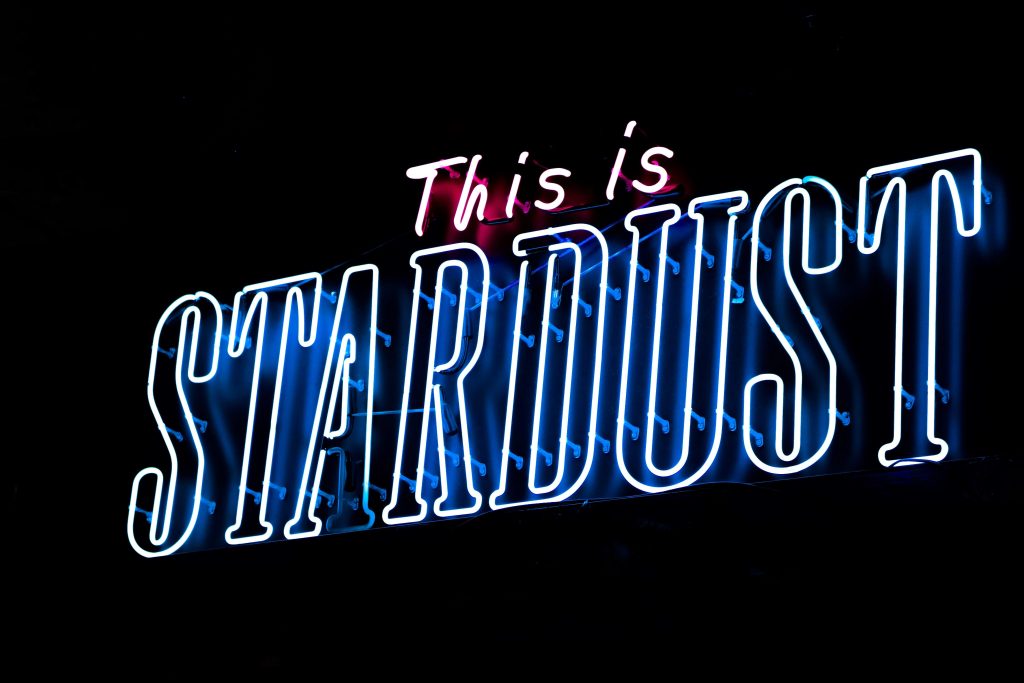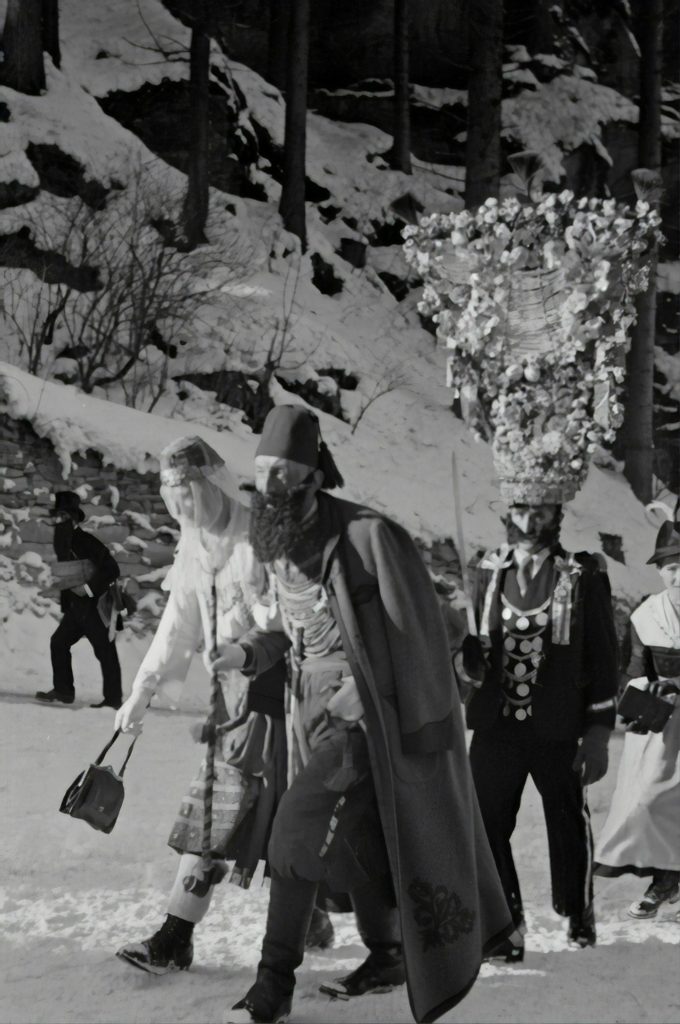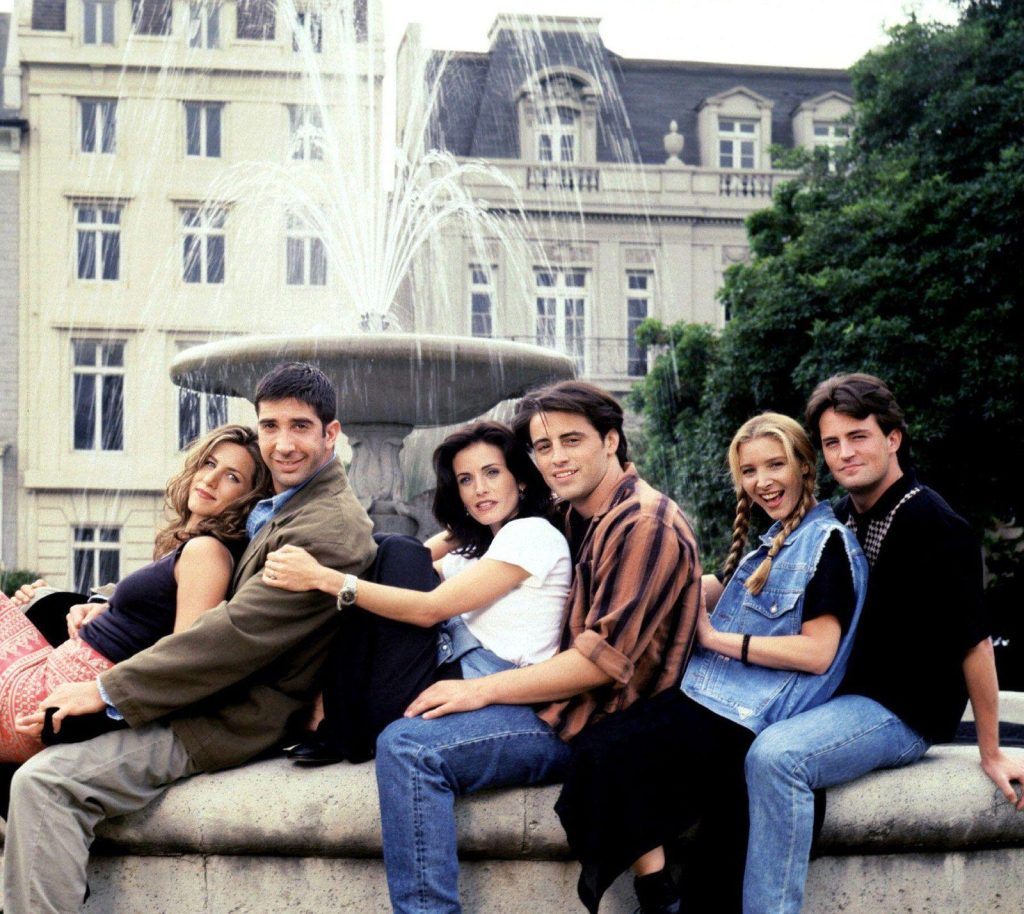In the vast landscape of television history, where tales of drama, intrigue, and complex characters abound, one show consistently emerges in conversations about the pinnacle of storytelling: Breaking Bad. Since its debut in 2008, Vince Gilligan‘s masterful series has captivated audiences with its intense narrative and richly developed characters, leaving an indelible mark on pop culture. But amidst the accolades and fervent fan discussions, a question lingers in the halls of TV critique: Is Breaking Bad truly the greatest TV show of all time? This article embarks on an exploration of the show’s enduring legacy, examining the elements that have cemented its status and inviting readers to consider whether it indeed holds the crown in the ever-evolving realm of television excellence.
Cinematic Brilliance and Narrative Depth
In a world saturated with television dramas, Breaking Bad stands out as a beacon of storytelling excellence. The show’s narrative structure is meticulously crafted, unfolding like a masterful symphony where every note and pause has its purpose. From the transformation of Walter White, the seemingly benign chemistry teacher turned drug lord, to the richly textured landscapes of Albuquerque, every element is woven together with precision and artistry.
- Character Development: The evolution of characters like Jesse Pinkman and Walter White is not just about change, but about revealing layers of complexity that challenge the audience’s moral compass.
- Thematic Depth: The series dives deep into themes of power, morality, and consequence, presenting a narrative that is as thought-provoking as it is entertaining.
- Visual Storytelling: The cinematography captures the desolate beauty of the New Mexico desert, symbolizing the isolation and desperation of the characters.
Each episode is a carefully crafted piece of a larger puzzle, revealing just enough to keep viewers on the edge of their seats, while slowly building toward an unforgettable climax. It’s this blend of cinematic brilliance and narrative depth that invites audiences to ponder whether Breaking Bad is indeed the greatest TV show of all time.

Character Development and Moral Ambiguities
In the labyrinthine journey of Walter White’s transformation from a mild-mannered chemistry teacher to a notorious drug kingpin, Breaking Bad excels in its nuanced portrayal of . Each character is a study in complexity, their motivations and actions perpetually shifting along a spectrum of moral grey. Walter’s descent into criminality isn’t just a tale of survival; it’s a profound exploration of how power and desperation can twist one’s ethical compass.
- Jesse Pinkman: A seemingly reckless partner whose vulnerabilities and struggles with guilt provide a counterbalance to Walter’s escalating ruthlessness.
- Skyler White: Torn between loyalty to her family and her own moral standards, she becomes an unwilling accomplice, her character arc a mirror of internal conflict.
- Saul Goodman: A morally flexible lawyer whose witty charm masks a willingness to bend the law to suit his clients’ needs.
The show’s brilliance lies in its refusal to paint its characters in black and white. Instead, it invites viewers to ponder the fluidity of morality, leaving them questioning their own ethical boundaries. Is Walter a villain or a victim of circumstance? The answer is as elusive as it is compelling, ensuring that the conversation around Breaking Bad remains as dynamic and multifaceted as the characters themselves.

Cultural Impact and Legacy in Modern Television
In the realm of modern television, Breaking Bad has undoubtedly left an indelible mark, redefining the boundaries of what storytelling can achieve on the small screen. The show’s cultural impact is reflected in its innovative narrative techniques and the depth of its characters, which have inspired a generation of writers and directors. Its intricate plotlines and moral complexities have sparked countless discussions and debates, contributing to the show’s lasting legacy. The iconic transformation of Walter White from a mild-mannered chemistry teacher to a notorious drug kingpin has become a blueprint for character development, influencing subsequent series across genres.
Moreover, Breaking Bad’s legacy extends beyond its narrative achievements. It set a new standard for production quality in television, with its cinematic visuals and meticulous attention to detail. The show’s influence can be seen in various aspects of modern TV, including:
- Character Complexity: Emphasizing flawed, multifaceted protagonists.
- Visual Storytelling: Utilizing film-like techniques to enhance narrative depth.
- Thematic Exploration: Delving into moral ambiguity and ethical dilemmas.
As series creators continue to push the envelope, Breaking Bad remains a touchstone for innovation, reminding audiences and creators alike of the power of bold, uncompromising storytelling.

Viewer Engagement and Critical Acclaim
From its debut, Breaking Bad captivated audiences with its gripping narrative and intricate character development, sparking a level of viewer engagement rarely seen in television. Social media platforms became vibrant hubs for discussions and theories, as fans dissected each episode with fervor. The show’s ability to maintain suspense and deliver unexpected twists kept audiences glued to their screens, eagerly awaiting the next installment. Fan theories, meme culture, and watch parties became a part of the show’s legacy, illustrating its profound impact on pop culture.
Critically, Breaking Bad has been lauded as a masterpiece, earning numerous accolades that underscore its excellence. The show garnered multiple Emmy Awards, including Outstanding Drama Series, and received praise for its outstanding performances, particularly by Bryan Cranston and Aaron Paul. Critics have highlighted the series’ exceptional writing, cinematography, and the moral complexity of its characters. This combination of viewer devotion and critical acclaim has cemented its status as a landmark in television history, leaving an indelible mark on both audiences and the industry alike.









